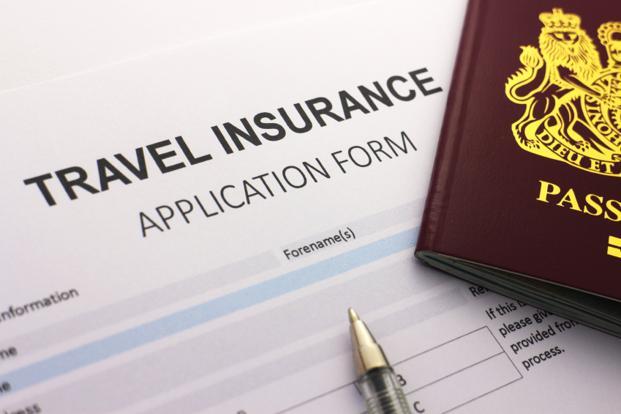Insurance can be a very complex term. To understand how insurance as a concept works you must know a few things about insurance. Here are a few things you must knowabout insurance that will help you understand it better: –
1) Most individuals should be worried about insuring four areas: their possessions, their life, their health and their finances. Thus, insurance is mostly required in these areas.
2) Probably, since a house is probably going to be the single biggest investment the majority of us make. The general rule of thumb with homeowner’s insurance isn’t to hold back. On the off chance that you can, pay a little more to get guaranteed replacement coverage, which mandates that the insurer will replace your home if it’s destroyed no matter how much it amounts to or costs. On the off chance that you just indicate a certain measure of coverage, you could wind up paying the difference in the event that it doesn’t meet all your replacement expenses.
3) If you are wondering that once you have guaranteed replacement coverage for your home you are good to go. You may be right or maybe wrong. It’s imperative to comprehend what your homeowner’s insurance covers and what it doesn’t. For instance, especially expensive things, for example, big-screen televisions and additional fancy stereo equipment are often prohibited from policies or, in any event, inadequately covered. The same goes for antiques, collectibles, expensive jewellery and furs. To ensure these and different things that your policy doesn’t cover, get riders that particularly covers those things.

4) Additionally, homeowner’s insurance does not cover flood damage. In this case, go to your local town or municipal office and check whether your house is in a floodplain. Provided that this is true, contact the federal government’s National Flood Insurance system to get flood policies offered by private insurers. In this way, search for earthquake insurance on the off chance that you live in an area that may be hit by a quake.
5) If you have a home office, remember that you can opt for special insurance. A lot of home office equipment, for example, computers, fax machines, copy machines and so forth, are generally avoided from most conventional homeowner’s policies. For that reason, you need to get separate insurance to cover them. Insurance turns out to be especially vital on the off chance that you see clients in your home office. That implies you likely need liability insurance also, so check with your insurance operator to make certain every one of your bases are covered.
6) If you think that homeowner’s insurance covers you if an accident happens to someone who has come to your house. Not totally. Homeowner’s insurance policies (and tenant’s insurance) have liability limits, so it’s a smart thought to find an umbrella policy. This includes additional liability coverage, upwards of $1 million and significantly more at a generally shabby cost (in spite of the fact that the costs differ impressively from state to state). Not exclusively does it include additional liability coverage for where you live, yet you likewise get additional liability coverage for your car.
7) Car insurance is an absolute must. Each state requires that drivers have a type of automobile insurance set up. If they don’t have one, it would be sheer frantic to drive even one inch without some form of protection. Slam into another person and wreck another car or slaughter somebody, and your financial life could possibly be demolished without the protection of auto insurance.
8)Now the next question you must me asking yourself is why is auto insurance so expensive? The biggest nibble of auto insurance originates from liability protection, which is effectively divided into bodily injury protection and property protection. This is one element of auto insurance you shouldn’t short-change. Search for minimum coverage of $100,000 per person, another $100,000 for property and $300,000 per accident. Additionally, on the off chance that you can swing it, add on uninsured motorist coverage, which ensures you in the occasion you have an accident with a driver who has no insurance.
